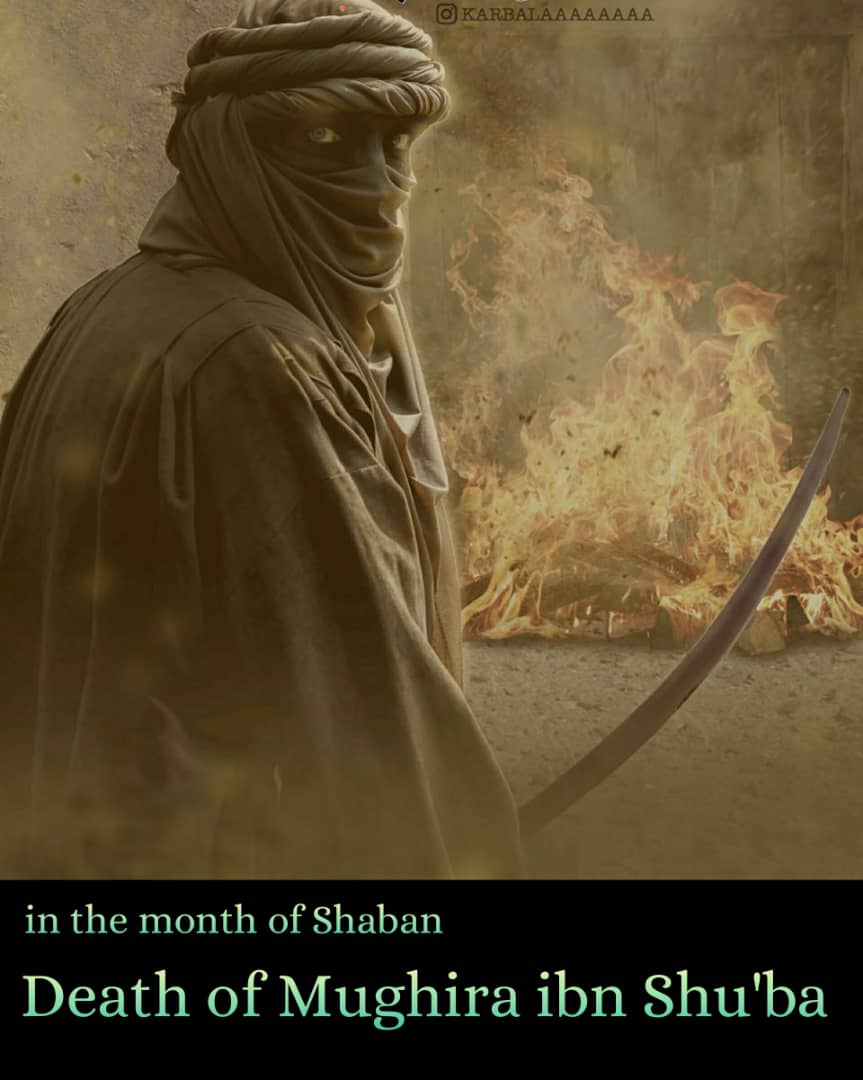Within the rich tapestry of Shia Islam, the figure of Ibn Shuba al-Harrani emerges as a salient subject for scholarly inquiry. Not only is he a historical luminary, but he represents a convergence of theological exploration and practical adherence to the Shia traditions that continue to influence the community today. This exposition endeavors to unravel the intricate layers of Ibn Shuba’s teachings and their implications for contemporary Shia thought.
I. Historical Context
To comprehend the significance of Ibn Shuba al-Harrani, it is imperative to situate him within the sociopolitical and religious milieu of 10th-century Baghdad. The caliphate was marked by burgeoning sectarian debates, and it was within this crucible that al-Harrani cultivated his theological perspectives. The fragmentation of Muslim thought into various factions necessitated a robust defense of the Shia identity. Ibn Shuba occupied a unique position in this discourse, primarily through his seminal work, "Kitab al-Ma’rifa."
II. The Life and Works of Ibn Shuba
Ibn Shuba al-Harrani was an eminent scholar and theologian whose intellectual contributions are underscored by a profound sense of spiritual commitment. His magnum opus, "Kitab al-Ma’rifa," acted as a compendium of Shia tradition and fundamental tenets. In its pages, al-Harrani elucidated the virtues of the Imams, reiterated the sanctity of their lineage, and articulated the esoteric dimensions of knowledge that are paramount in Shia belief.
III. Key Teachings
A. The Concept of Imamat
Central to al-Harrani's teachings is the doctrine of Imamat, the belief that the Imams are the rightful leaders of the Muslim community post-Prophet Muhammad. Al-Harrani emphasized that the Imams are not merely political figures; they embody a spiritual authority divinely bestowed upon them. This intrinsic quality establishes them as infallible guides, whose interpretations of the Qur’an and Hadith offer a lens through which followers can engage with their faith authentically.
B. The Interplay of Knowledge and Faith
Ibn Shuba articulated a nuanced understanding of the relationship between knowledge (‘ilm) and faith (iman). For him, true faith cannot exist in a vacuum; it must be informed by knowledge and understanding. This epistemological framework advocates for intellectual engagement with religious texts, fostering a community that excels in scholarly pursuits. Al-Harrani posited that ignorance breeds extremism, reinforcing the necessity for a robust educational infrastructure within the Shia community.
C. Ethics and Morality
The ethical dimensions of al-Harrani’s thought cannot be overstated. He presented a comprehensive ethical framework that focused on piety, justice, and social responsibility. Drawing from the teachings of the Imams, he emphasized the importance of character and integrity among believers. This ethical paradigm is not merely a reflection of personal conduct but a community obligation, urging adherents to embody the principles of justice and compassion in their interactions.
IV. Influence on Shia Theology
The ramifications of Ibn Shuba al-Harrani’s teachings extend far beyond his lifetime, shaping the contours of Shia theology and practice. His integration of jurisprudential rigor with mystical dimensions illustrated a harmonious balance that has resonated across centuries. Contemporary Shia scholars often reference al-Harrani not only as a historical figure but as a model for integrating scholarly pursuits with spiritual depth.
V. Common Observations and Deeper Fascinations
A notable observation among scholars and followers alike is the enduring relevance of al-Harrani's thought in contemporary Shia discourse. The resurgence of sectarian tensions calls for a revisit of foundational texts that advocate unity through knowledge and ethical conduct. Herein lies a deeper fascination: why does Ibn Shuba al-Harrani continue to captivate the imagination of scholars today? His teachings resonate with the current struggle for identity and unity, grounded in an unyielding commitment to the principles of justice, knowledge, and ethical behavior.
VI. Educational Initiatives Inspired by Ibn Shuba
The teachings of Ibn Shuba al-Harrani have sparked a renewed emphasis on educational initiatives within the Shia community. Institutions dedicated to Islamic learning increasingly draw upon his pedagogical principles, fostering an environment where critical inquiry is encouraged. Seminars and workshops that focus on his works are proliferating, emphasizing the necessity of historical context in understanding contemporary challenges faced by the Shia community.
VII. Conclusion
Ibn Shuba al-Harrani stands as a paragon of Shia scholarship, and his teachings remain profoundly relevant in a world grappling with discord and disunity. By intertwining theological inquiry with ethical imperatives, he offers a roadmap for navigating the complexities of modern existence while remaining anchored in foundational Islamic principles. As the Shia community continues to evolve, the legacy of Ibn Shuba al-Harrani will invariably inform its trajectory, reinforcing the imperative of knowledge, unity, and moral rectitude.


